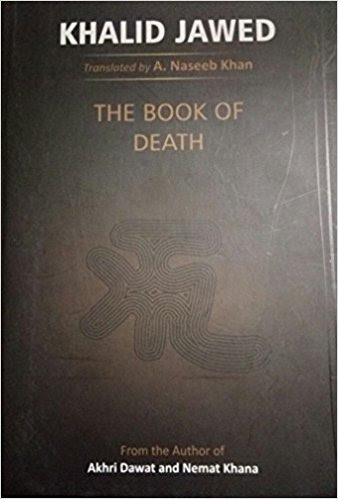‘Each day, we wake slightly altered, and the person we were yesterday is dead. So why, one could say, be afraid of death, when death comes all the time?’ —John Updike
The fear of death is the most confounding of all fears. And also the most compelling. For, death is a certainty, a foretold conclusion of a life, any life. That which is born must die yet the feelings and emotions death evokes surpass the beauty and mystery and grief of life. Why must such an absolute certainty evoke such fear? Should the very inevitability of death not bring acceptance and stoicism if not grace and compassion? But what if death must come by one’s own hand? What then?
Khalid Jawed’s elegy in prose is an intimate, almost poetic, encounter with death: its certainty, its inescapability and its inexorableness. Neither macabre nor maudlin,
The Book of Death(Maut ki Kitab in its original Urdu) is a close examination of a life that will end, inevitably, in death; a theme he pursues in his second novel Nematkhana.

